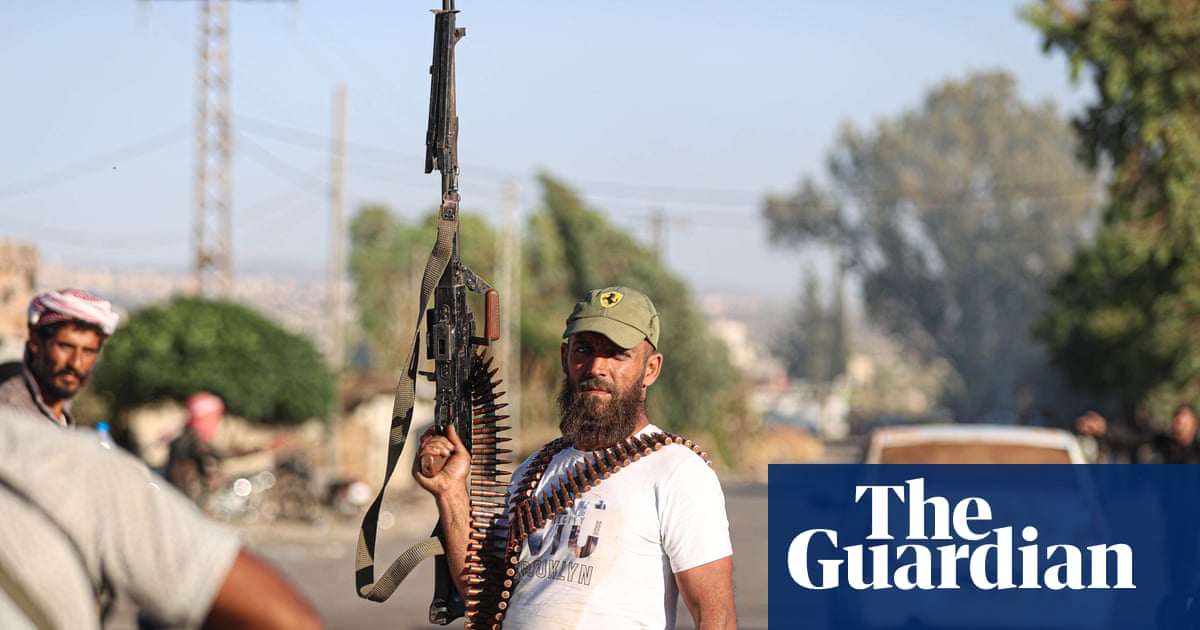
"Seven months on from Bashar al-Assad's fall, Syria is descending into yet another wave of bloody sectarian violence, sparked by a local dispute between a Bedouin tribesman and a member of the Druze minority."
"The scenes were reminiscent of the coastal massacres of March, when 1,500 mostly Alawite civilians were slaughtered in revenge, halting the enthusiasm for the new Syrian state."
"Syria remains deeply divided, and negotiations to integrate the one-third of the country controlled by Kurdish forces and the Druze-majority province of Sweida have stalled."
"Sharaa vowed to protect the country's minorities and noted that it is the ethnic and religious diversity of Syria which makes the country special, despite the deep divisions caused by war."
Seven months after Bashar al-Assad's fall, Syria is embroiled in renewed sectarian violence due to local disputes, leading to deadly clashes and Israeli airstrikes. Historical massacres remind citizens of ongoing tensions after years of civil war. Although President Ahmed al-Sharaa has gained international support through diplomacy and battlefield successes, internal progress is lacking due to the country's deep divisions. Efforts to integrate Kurdish-controlled regions and the Druze-majority area of Sweida have faced delays. Sharaa has expressed commitment to minority rights, yet addressing years of conflict will require more than promises.
Read at www.theguardian.com
Unable to calculate read time
Collection
[
|
...
]